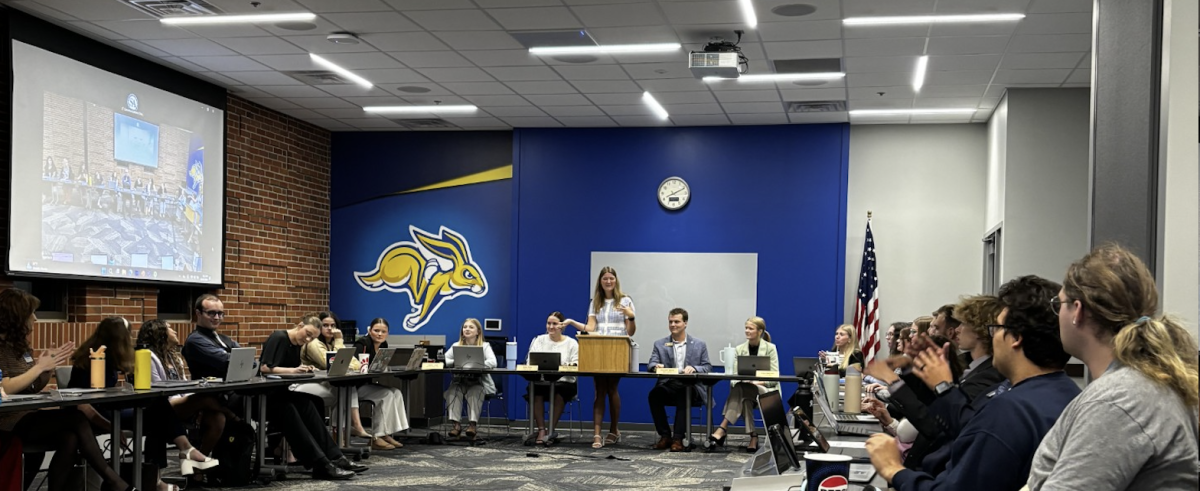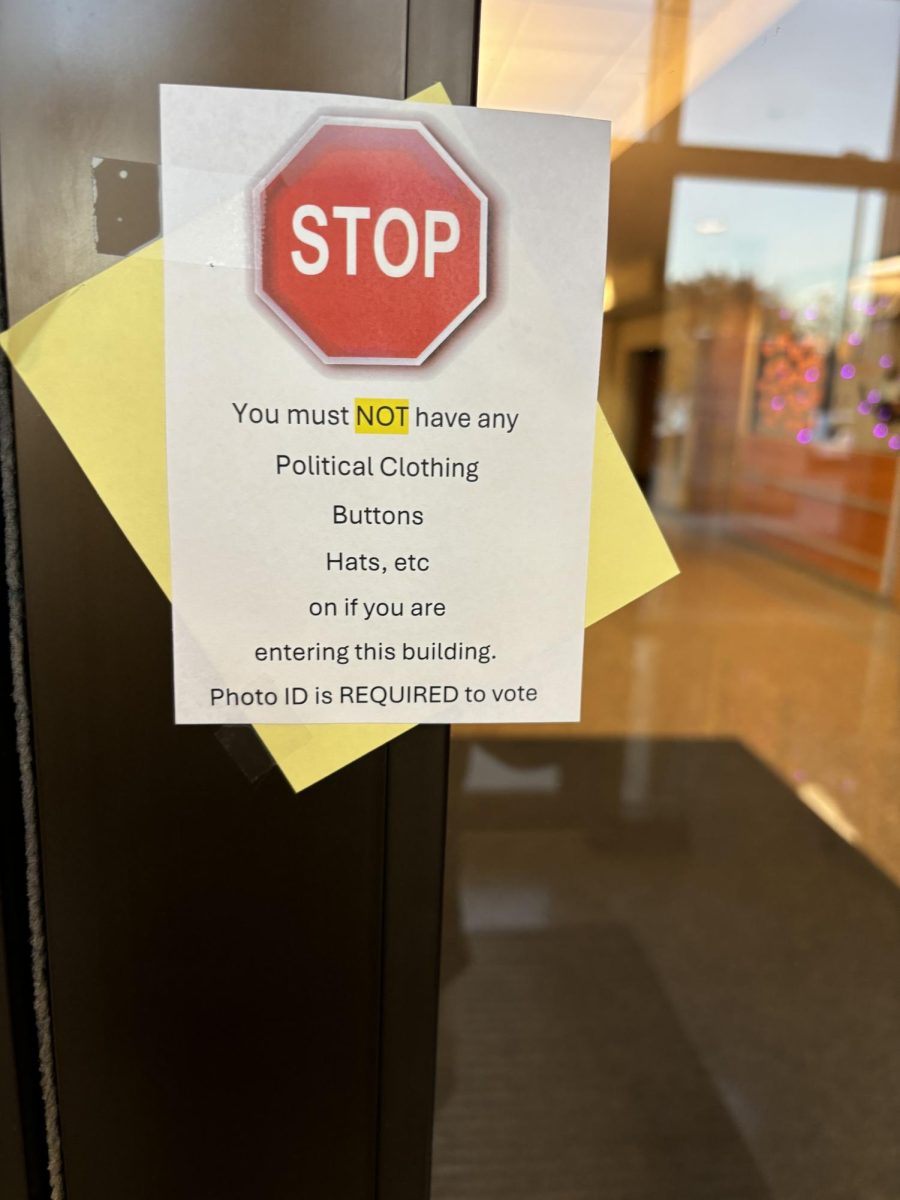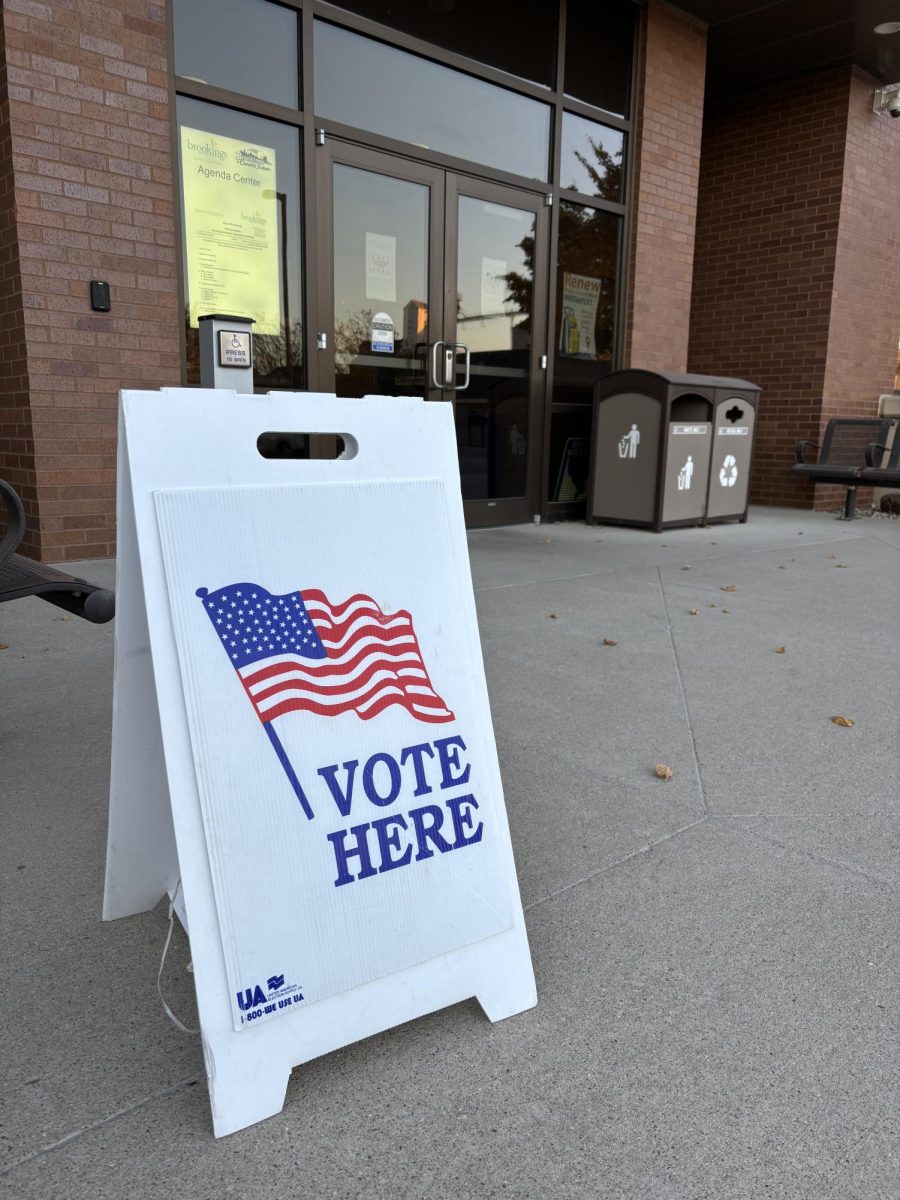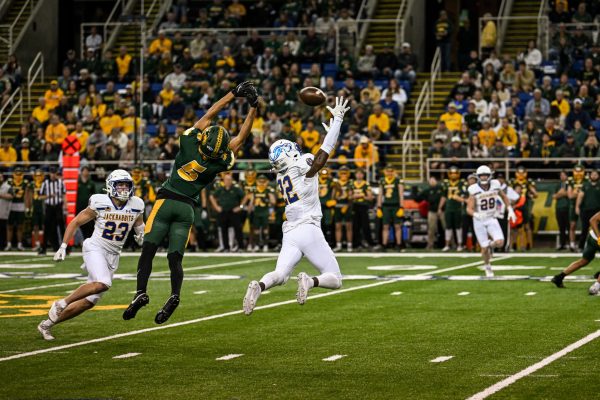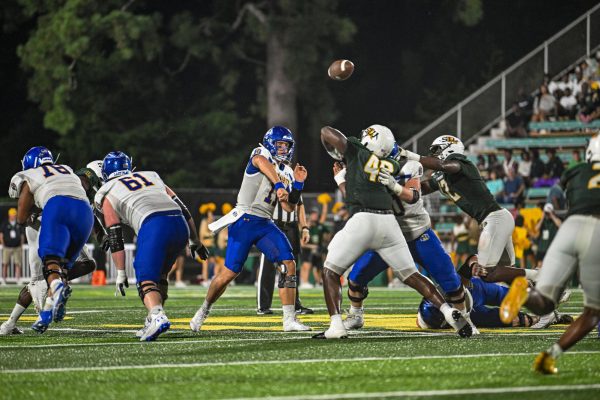Black history month honored by students
February 2, 2010
Ellen Nelson
With days solely devoted to love, presidents and the history of African-Americans, the month of February holds symbolic days despite its shortness. The year 2008 constituted a milestone in history after the election of the United States’ first black president, and in this context, SDSU students and staff recognize and reflect on the celebrations of Black History Month on campus.
Established by Carter G. Woodson in 1926, the purpose of Black History Month is to bring to the public’s attention important developments that merit emphasis, according to Howards University’s Daryl Michael Scott, of the Association for the Study of African American Life and History.
This year’s specific theme for the month is to recognize and celebrate how far black economic power has come, according to ASALH’s Web site.
Though the civil rights movement had great successes, what was left to linger for blacks were the unwritten laws of racism that continued to swarm the country during that time. This racism barricaded African Americans of opportunities of employment, along with the restriction of their brethren to various levels of education.
The theme of black economic empowerment celebrates the strength and courage taken by groups and individuals in that time who pushed against the odds. February is a month dedicated to look back and honor those African Americans who under the Jim Crow laws worked hard to become landowners, skilled laborers, professionals and more.
The National Urban league, an organization created in 1910 by radical reformers, according to ASALH, addressed the needs of African Americans as they migrated to cities within the United States. For a century now, the National Urban league has embraced the challenges of each decade and opened the doors of opportunities for successive generations. That in itself is a reason for celebration in our diverse country.
SDSU joins in this celebration through several activities on campus, including the Black Student Alliance’s seventh annual Step Show.
Describing this year’s performance, BSA president Queen Ekobena said the show will be a great experience for all.
“It’s going to be a little different format, more crowd involvement, more interactive, but definitely still a lot of fun,” Ekobena said.
Sophomore Dominique Johnson of Lansing, Mich. thinks the hip-hop culture expressed in the step show is not a significant way to honor the history of blacks.
“Hip-hop is only a part of our culture. Step doesn’t represent the history well,” he said.
As part of a group on campus that is interested in promoting and protecting civil rights, Amnesty International’s faculty adviser, Kelley Tilmon, said SDSU is doing a good job of recognizing diversity.
“It’s important to be aware of how much diversity enriches our lives,” Tilmon said.
Tilmon said the upcoming step show is going to be a great opportunity to see something new and unique on campus while participating in the celebration of Black History Month. She also said that she is impressed with the opportunities available to students and staff alike, as they are able to get involved all around campus. One specific day that provided an opportunity to observe the history of blacks was last month’s Martin Luther King Day of Service.
“I think we’ve made tremendous strides in the last 20 years in the level of appreciation we have in these occasions and what they represent,” Tilman said.
Nevertheless, Johnson suggests that in the following years, SDSU could recognize the month by more student-involved options such as weekend films regarding the topic, posters and other visual reminders of African American history within our country.



